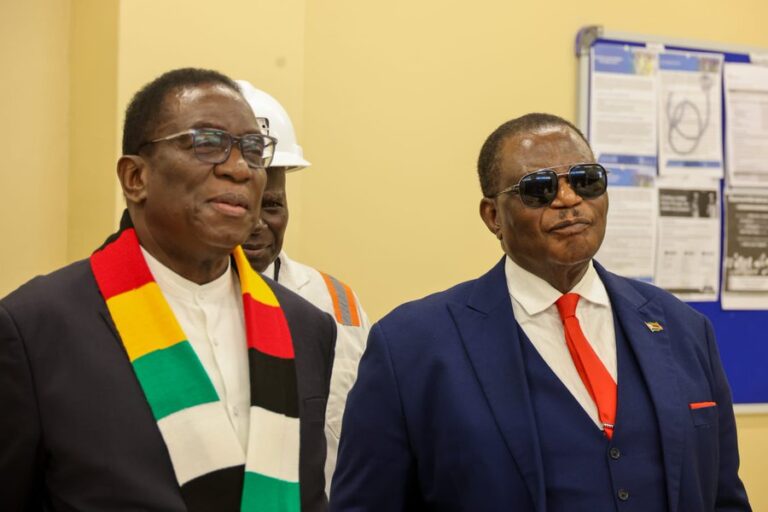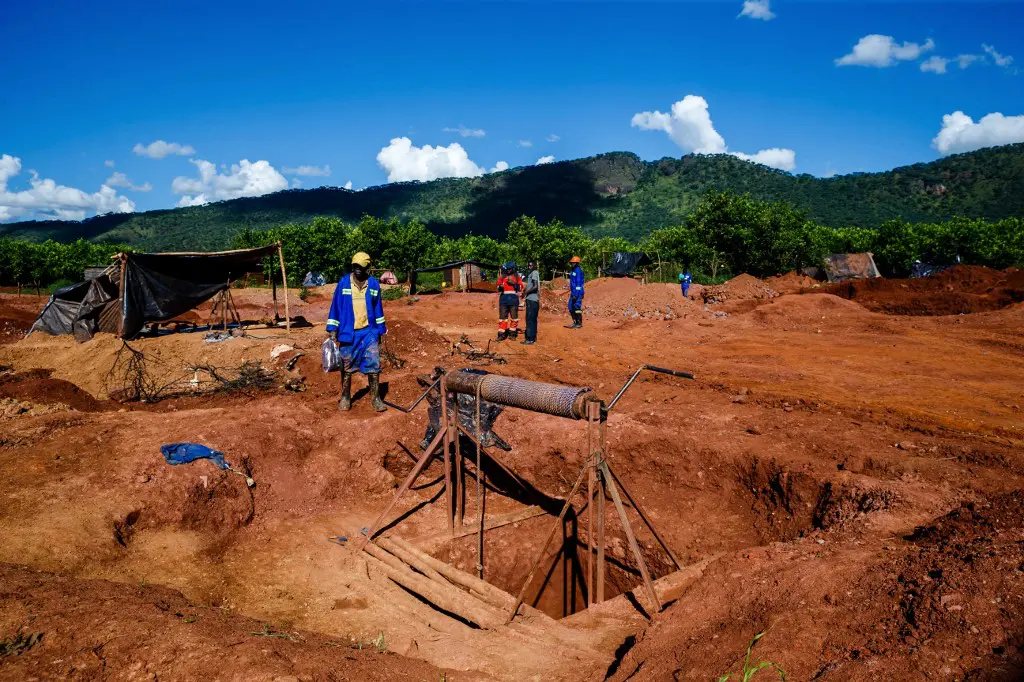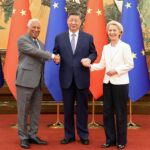Following his controversial 2023 re-election, President Emmerson Mnangagwa’s allies in ZANU-PF have begun publicly floating the idea of a constitutional amendment to allow him a third term. The political climate is momentarily stable, while succession disputes and regional authoritarian trends create a window of opportunity for such a move.
2. Initiators and Strategy The push is led by:
- ZANU-PF loyalists, particularly from Mnangagwa’s Karanga stronghold (Midlands and Masvingo);
- Party-affiliated youth organizations and traditional leaders benefiting from state patronage;
- Military-linked elites concerned about potential shifts under a new president.
These actors are testing public sentiment and preparing the ground for formal parliamentary action. ZANU-PF likely has the numbers to amend the Constitution, provided internal
2. Who Is Initiating It?
- Mnangagwa’s Loyalists in ZANU-PF: Especially from the Midlands and Masvingo regions—his home base—some party elites have started public chants and campaigns calling for “2030, ED pfeee” (ED until 2030).
- Youth League and Party-aligned Civil Society: These are being used to test the public’s response before a formal constitutional amendment process is launched.
- Military-Linked Business Elites: Some beneficiaries of the Mnangagwa administration’s patronage system are worried their influence would diminish under a new leader, especially Chiwenga.
3. Risks for Democracy
- Erosion of Constitutional Norms: The 2013 Constitution explicitly limits presidents to two terms. Overriding this would signal a regression into authoritarianism.
- Increased Repression: The move would likely involve crackdowns on dissent, tighter media control, and pre-emptive arrests of opposition figures.
- Weakened Institutions: The judiciary, parliament, and electoral commission may be pressured to align with the executive, further hollowing out checks and balances.
4.Who Can Support the Third Term Push?
- ZANU-PF Politburo and Central Committee: Especially members who owe their positions to Mnangagwa and fear Chiwenga’s rise.
- Business Elites with State Contracts: Those enriched through mining, agriculture (command agriculture), and infrastructure deals would support continuity.
- Some Traditional Leaders: Mnangagwa has cultivated ties with chiefs and headmen through state resources and cars—many may back his continued rule.
5. Risks for Ethnic Tensions
- Shona vs. Ndebele Divide: The continued concentration of power in Shona elites (especially Karanga sub-group) risks alienating Ndebele communities in Matabeleland. Gukurahundi atrocities remain unresolved, and a third term push could revive grievances.
- Karanga vs. Zezuru Power Struggles: Within the Shona majority, tensions could deepen between Mnangagwa’s Karanga faction and the Zezuru elite (e.g., Robert Mugabe’s traditional base), especially if succession remains unresolved.
- Militarization of Politics: Ethnic affiliations within the military could complicate loyalties and make any transition turbulent.
6. Foreign Involvement or Reactions
- China: Likely to support stability over democracy. If Mnangagwa offers economic continuity (especially mining and infrastructure deals), Beijing will not interfere.
- Russia: Has increased its Africa presence and may quietly support authoritarian consolidation if it ensures resource access.
- South Africa/SADC: May issue mild rebukes but are unlikely to intervene unless violence erupts. Pretoria is preoccupied with internal issues.
- United States/EU/UK: Will condemn such a move diplomatically and could impose or reimpose targeted sanctions, but their leverage is limited unless regional partners act in concert.
- African Union: Likely to take a cautious stance and avoid a hard position unless internal unrest escalates.
7. Probability of Success
| Factor | Assessment |
| ZANU-PF Parliamentary Dominance | HIGH (holds 2/3 majority or can coerce independents) |
| Public Dissent Capacity | LOW–MEDIUM (due to repression and fear) |
| Military Loyalty to Mnangagwa | UNCERTAIN (possible split with Chiwenga) |
| Legal/Constitutional Barriers | MEDIUM–LOW (ZANU-PF can push amendments) |
| Civil Society Mobilization | MEDIUM (Watch groups like Crisis in Zimbabwe Coalition) |
Overall Probability: 60–70% if no internal revolt within ZANU-PF or army.
8. Forecast
- Short-Term: Mnangagwa will continue testing the waters via surrogate voices and “popular” campaigns. A formal amendment attempt could follow by 2026.
- Medium-Term: The battle within ZANU-PF will intensify, especially between Mnangagwa and Chiwenga, potentially leading to purges or internal sabotage.
- Long-Term: If the third term succeeds, Zimbabwe will likely face worsening repression, economic stagnation, and further democratic backsliding. However, cracks in the elite coalition—especially if Chiwenga resists—could open space for opposition or military reshuffling.
verall Probability of Third Term Amendment: 60–70%
Forecast Timeline
- 2025–2026: Mnangagwa allies escalate public campaigns, gauge opposition response;
- 2026–2027: Attempt constitutional amendment with likely parliamentary support;
- 2028–2030: If successful, increased repression and internal ZANU-PF infighting probable. Possibility of elite or military pushback remains.
Recommendations for Democratic Forces and International Partners
- Strengthen civil society capacity for legal and public mobilization;
- Build coalitions across ethnic and regional divides to resist authoritarian consolidation;
- Encourage regional dialogue through SADC to uphold constitutionalism;
- Offer incentives to democratic actors while increasing targeted pressure on enablers of authoritarian change.
- 7. Probability & Forecast
| Factor | Assessment |
| ZANU-PF Parliamentary Strength | HIGH |
| Public Capacity for Resistance | LOW–MEDIUM |
| Military Loyalty | UNCERTAIN |
| Legal/Constitutional Barriers | MEDIUM–LOW |
| Opposition and Civil Society Power | MEDIUM |
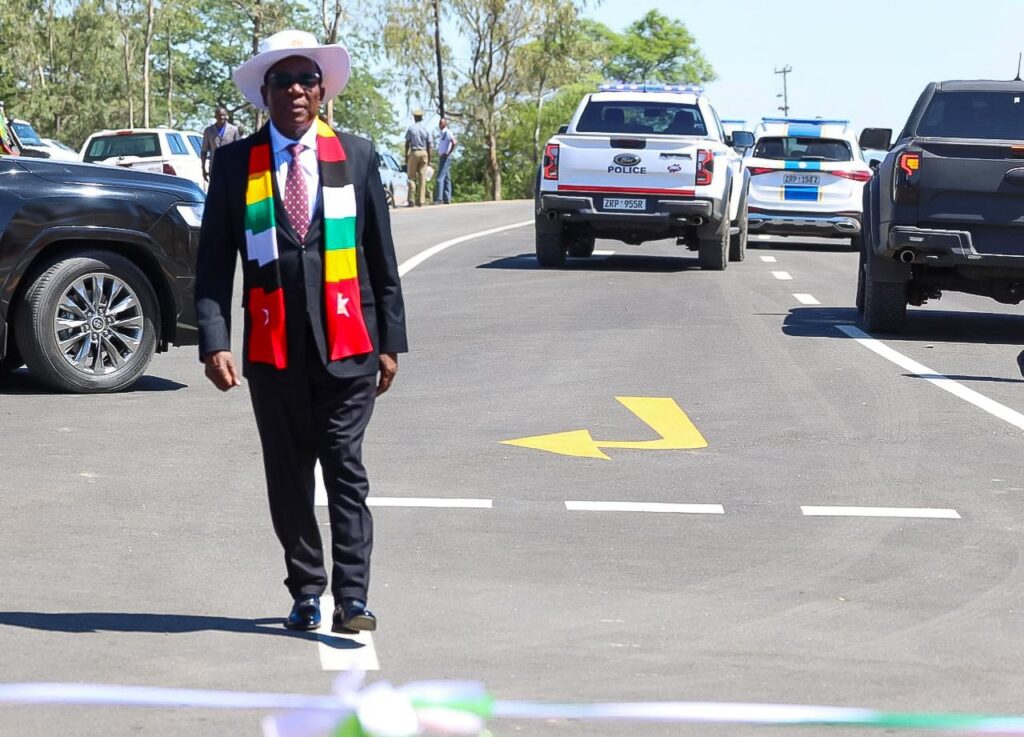
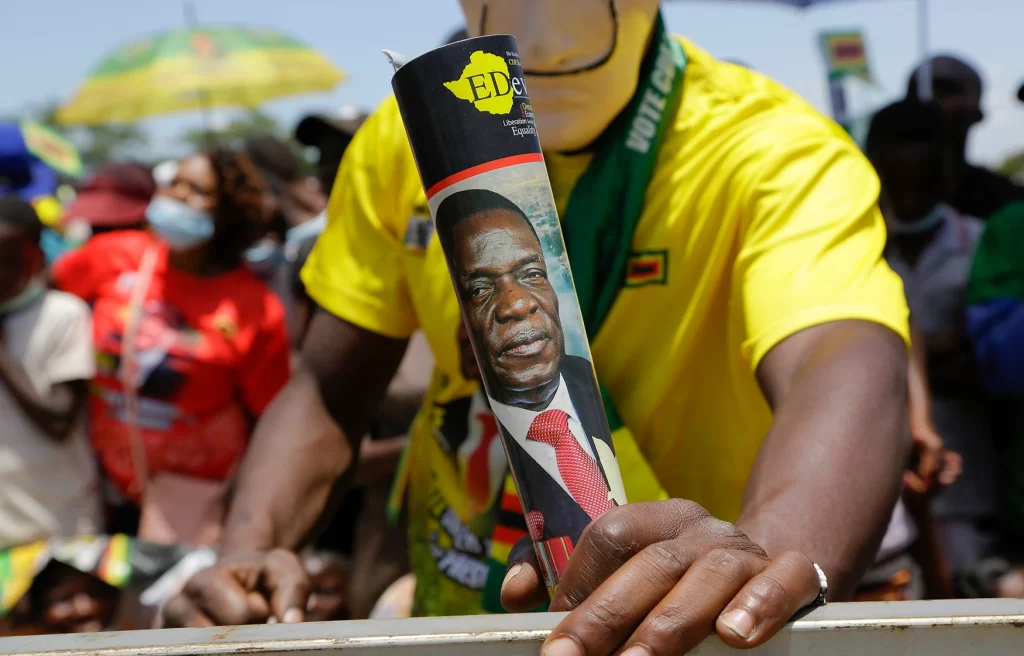
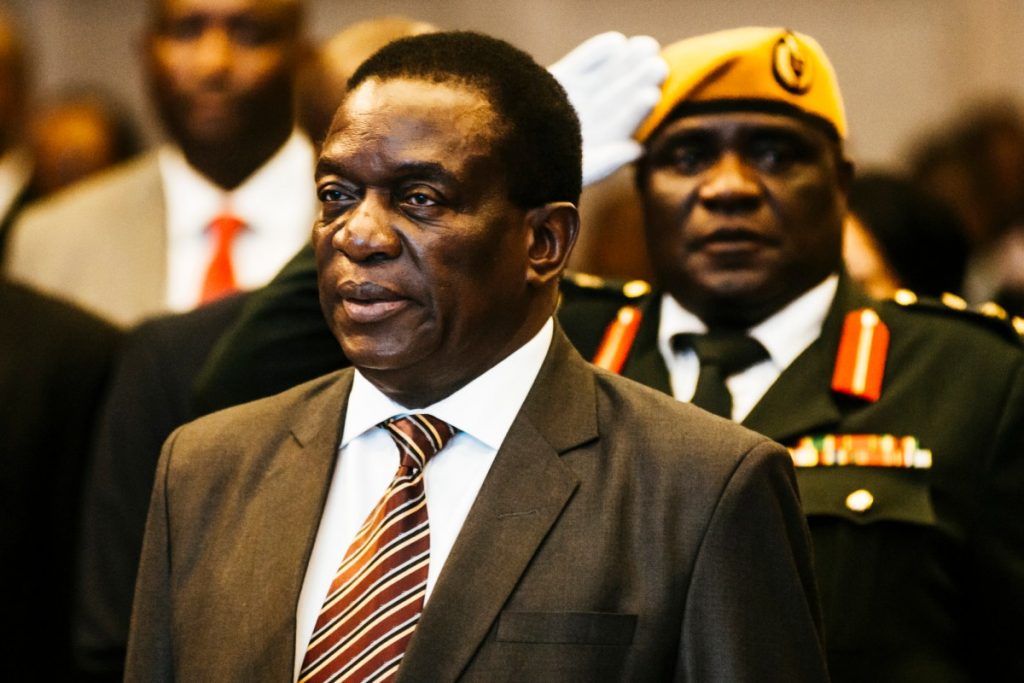
More on this story: Roots for tension in Zimbabwe Politburo


